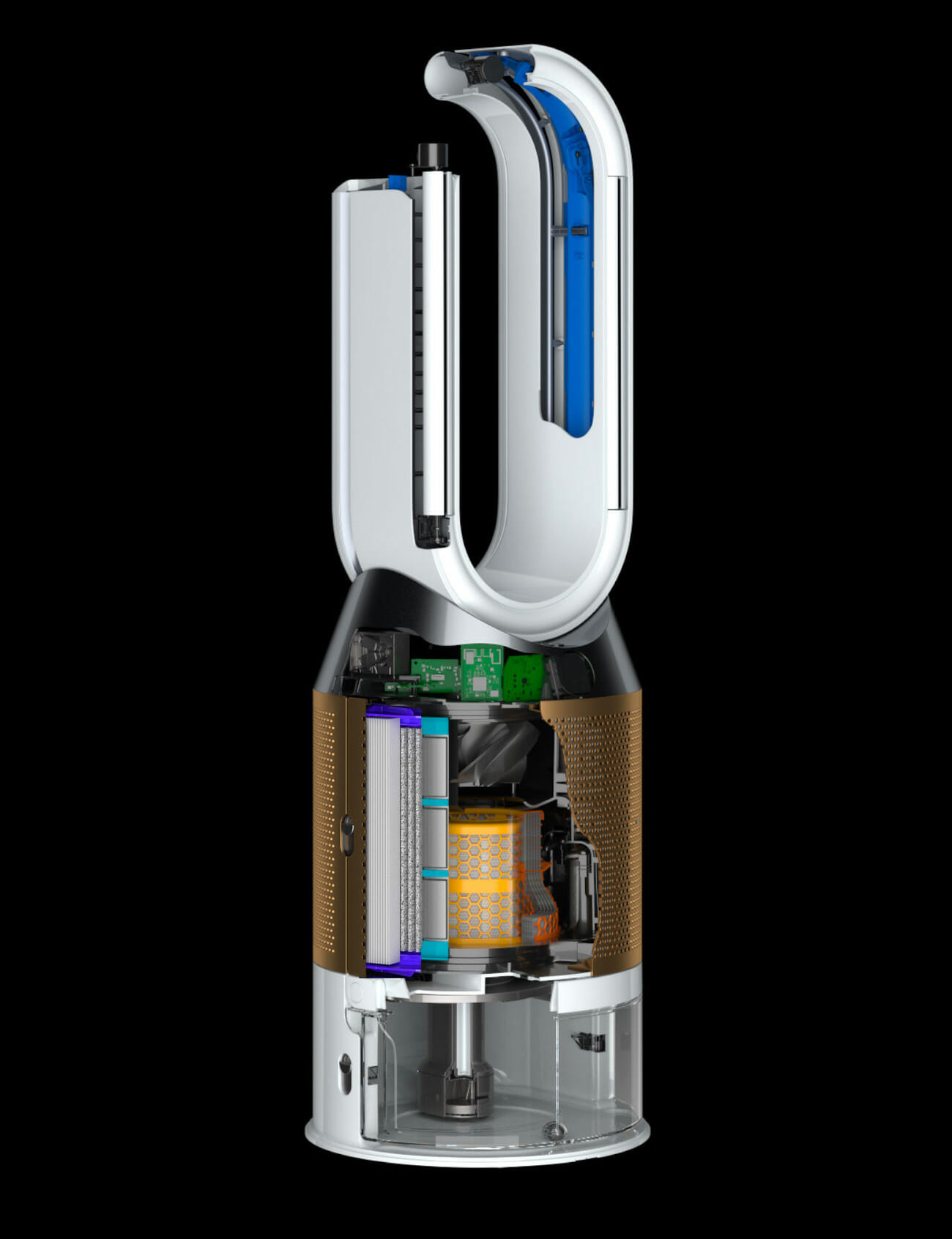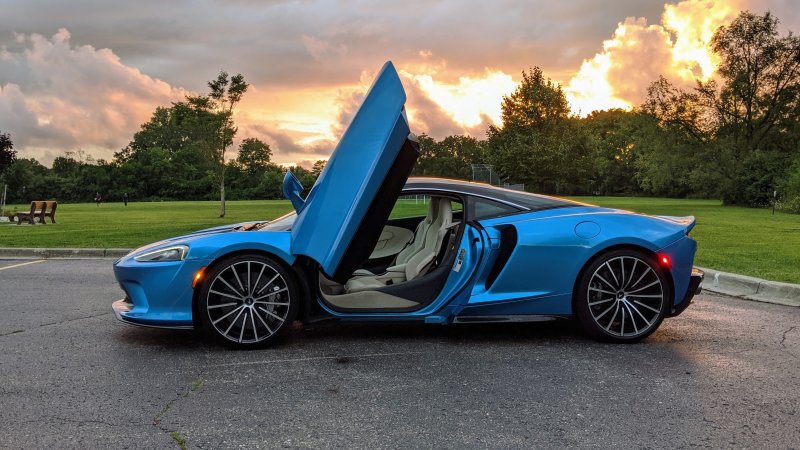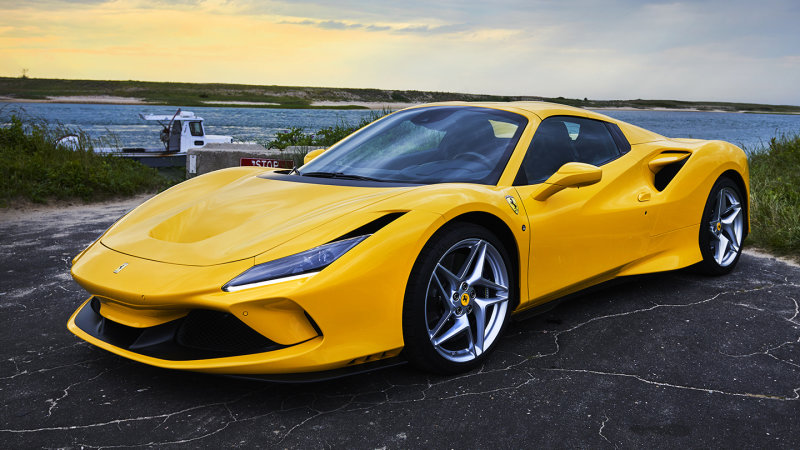Though still foremost a vacuum company in the eyes of most consumers, Dyson has quietly remade itself into home wellness company. In the last five years, the brand has introduced lines of eye-friendly lighting and head-friendly hair care; but it’s most dramatic expansion has been in the air quality space, a category that, driven by more people living in more polluted environments, has been the subject of sizeable growth.
What started with bladeless fans found at Brookstone stores in the mall has evolved into a collection of highly capable, multifunctional fan-purifier-air-conditioner-heaters (depending on which you splurge on). The latest is the Dyson Pure Humidify + Cool, a literally named air purifier, conditioner and humidifier. Like all brand new Dyson gadgets, it comes at an eye-watering cost — $800 and up, in this case. I tested it for a month to find out if it’s worth it.
What’s Good
This Dyson’s greatest strength is channeling its many functions, features and monitoring system into utility. Because builders of today are so good at building in insulation, humidity levels in homes and apartments average around 15 to 20 percent, which is lower than some of the dryest places on earth. Artificially dry living translates to dry skin, itchy eyes and an increased likelihood for illness. Most humidifiers ask the owner to set the humidity levels, but Dyson takes this into its own hands. Through the Dyson Link App (which is its hub for controls and air quality data), it syncs the humidity level in your home with your local levels via weather data, which allows you to use less A/C to achieve similar coolness levels.

Long a pain point with humidifiers, Dyson’s is (almost) self-cleaning. It uses ultra-violet lights to purify water before its pushed into your home, and app tracks when the machine will need a “Deep Clean,” which amounts to filling the water tank up, dumping a provided packet of citric acid in, putting the tank back into the machine and punching the go button. No cleaning on your part, basically.
The Link App has come a long way, too. Available on Android and iOS, it’s home to all the controls and air quality tracking data (spoilers: cooking makes your air quality really bad). It also has a real-time tracker of your filter’s lifecycle (and the aforementioned cleaning cycle), letting you know exactly when you need a replacement. Mine dropped by 9 percent in a month and a half of owning it.
It also works with Siri or Alexa, though I didn’t test its capacity.
What’s Not as Good
It’s a cop-out to point to the price as a flaw, but “Starting at $800” isn’t easy to stomach for a device whose function is intentionally discreet. Some will find the brand’s stark colors and future-industrial aesthetic difficult to bring into their homes without some visual awkwardness. One final, admittedly petty complaint: the naming system Dyson uses to identify these machines is confusing as hell.


The control hum within the Dyson Link app.
Alternatives
There aren’t any one-to-one comps for this product. Your alternatives will be compromises, or you’ll have to buy multiple products. Frugal-minded shoppers might seek out Honeywell’s ultra-cheap humidifier, which also humidifies using evaporative technology (though obviously not as robust). Coway’s lineup of air purifiers arguably outperform Dyson’s own air purification systems, but don’t offer humidification, and cost close to the Dyson machine. If you opt for individual purchases, look for evaporative humidifiers that offer easier-cleaning solutions and purifiers that have replaceable HEPA filters.
Verdict
I think this is probably the best Dyson release in years. It isn’t the absolute best purifier or humidifier (it might be the best fan), but the deftness with which the functions are combined — through both hardware and software — is totally novel. You won’t find an air purifier and humidifier that provides the user with as much utility, actionable data and real-time support than this. It’s a machine that, somewhat miraculously, lives up to its lofty price tag.
Dyson provided this product for review.




